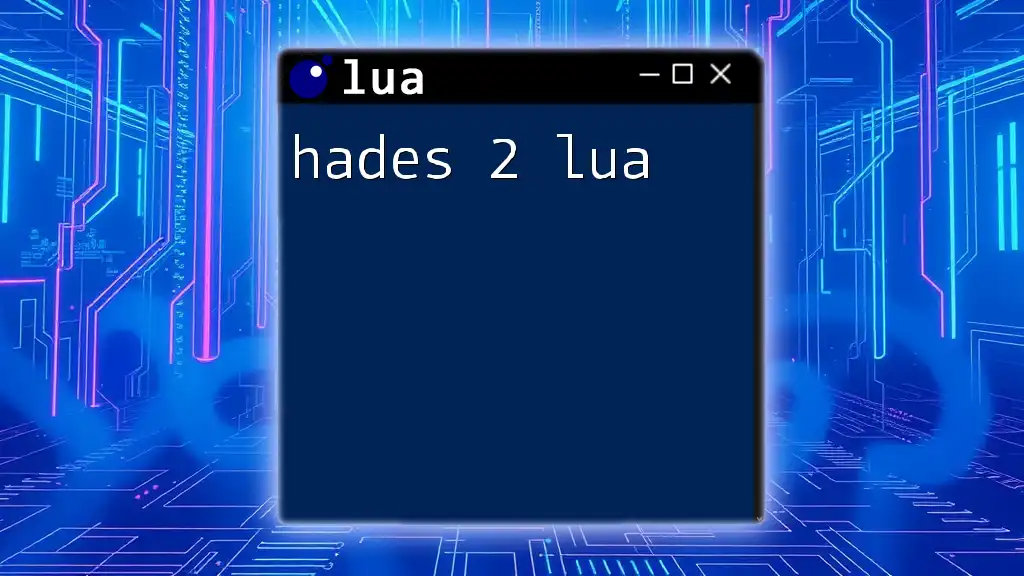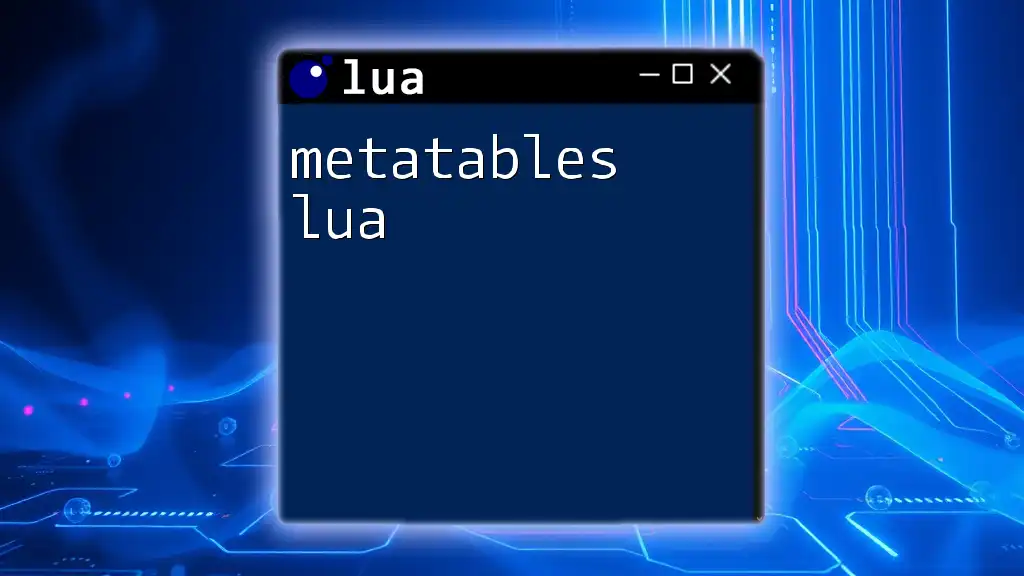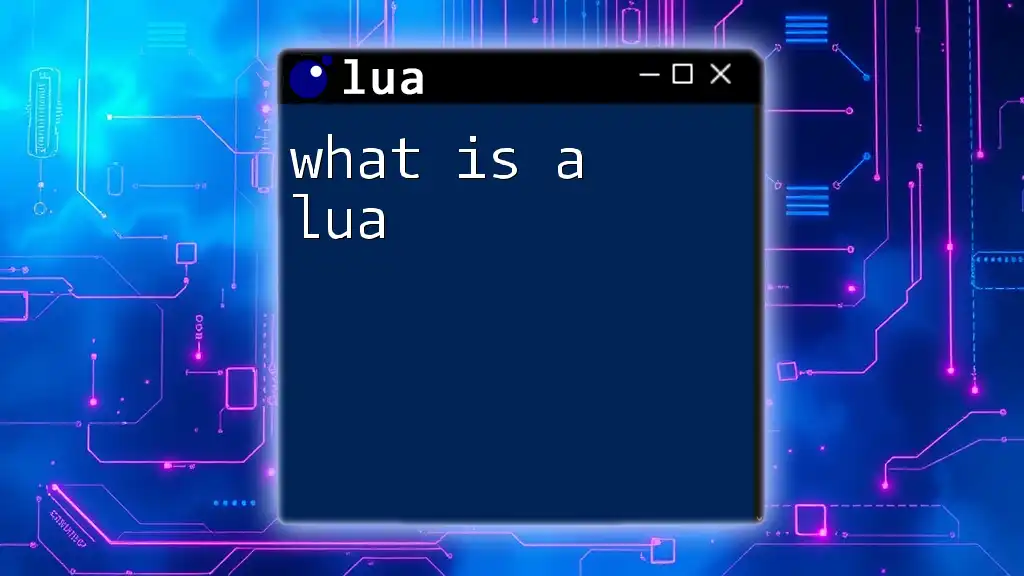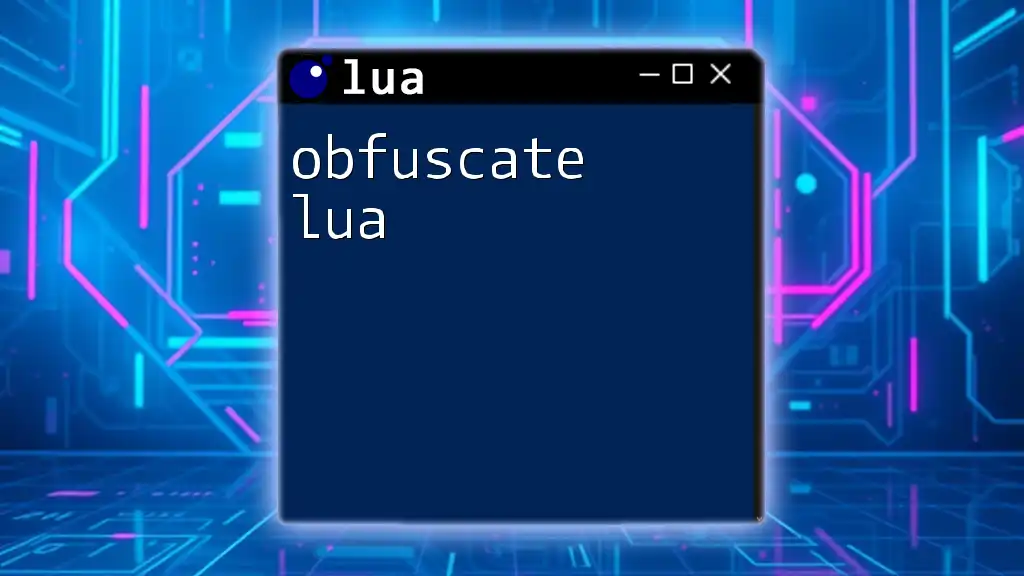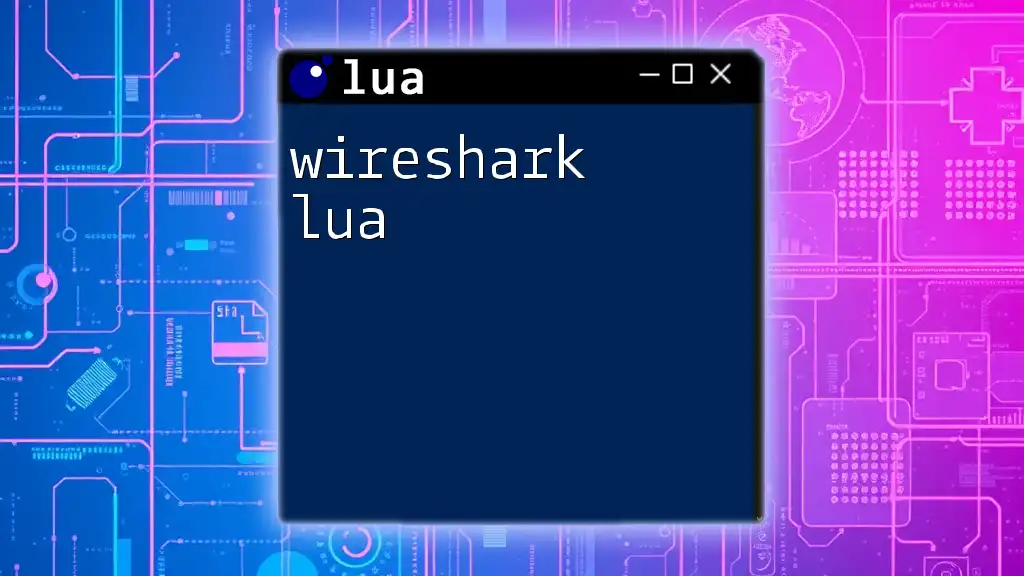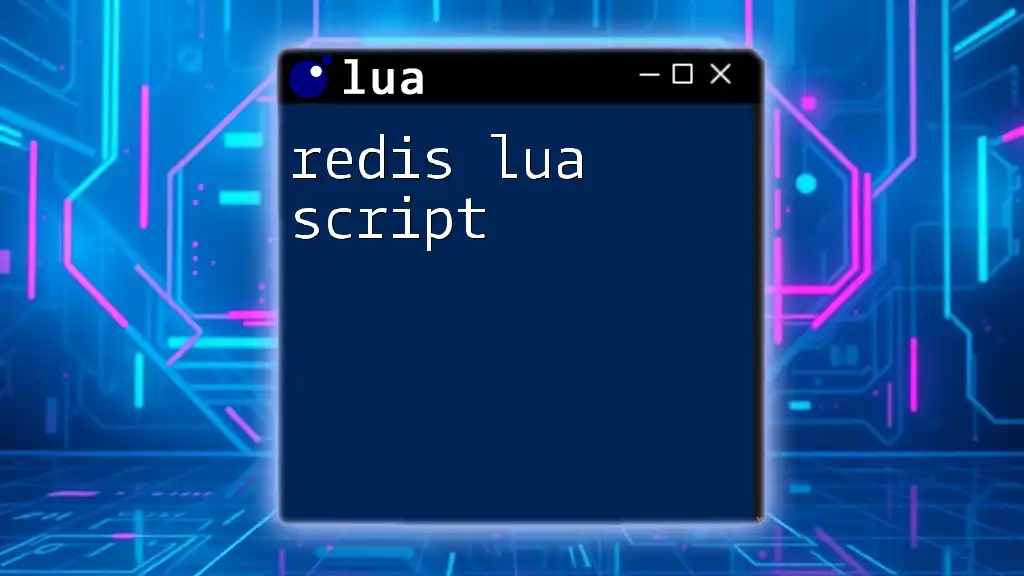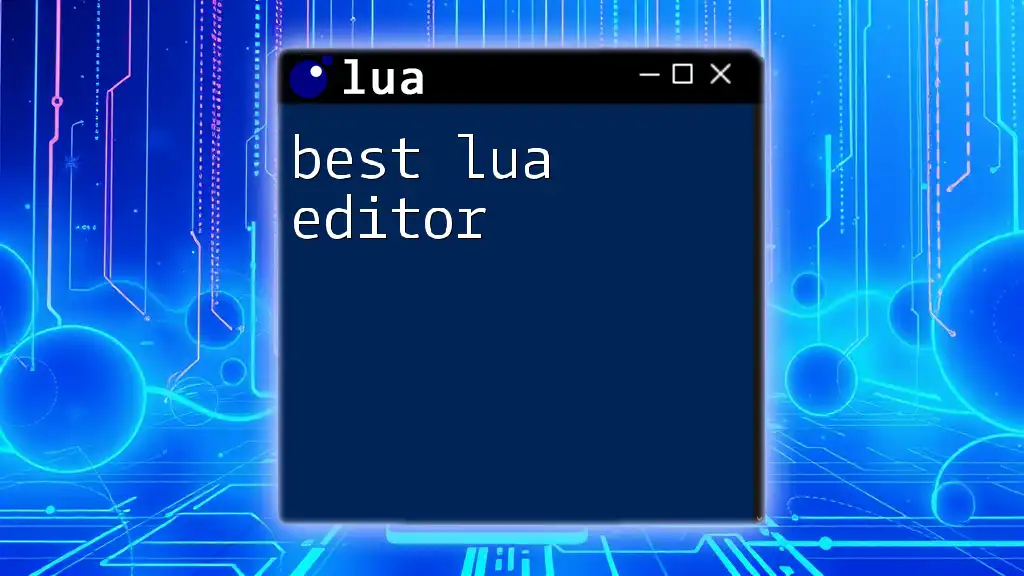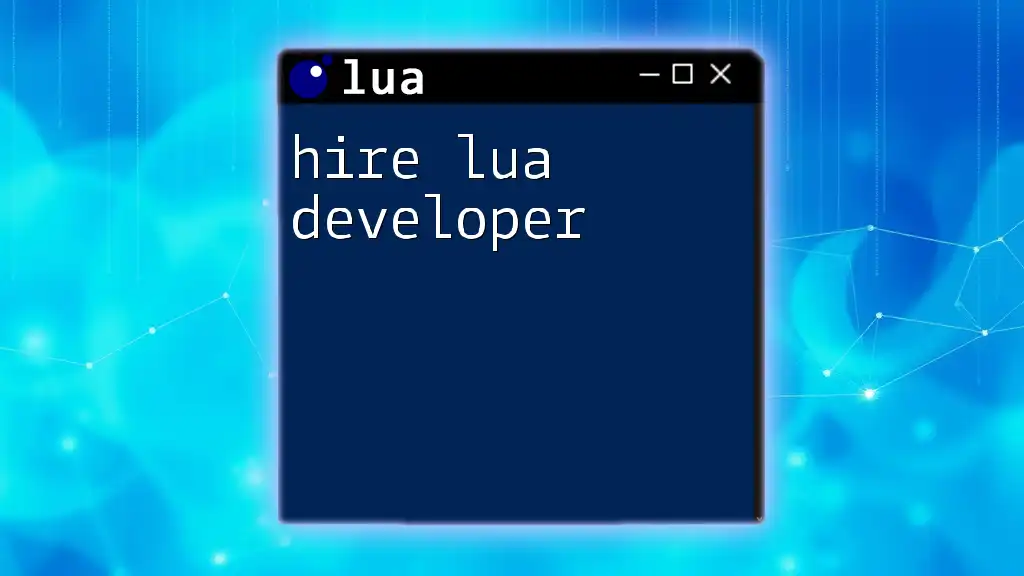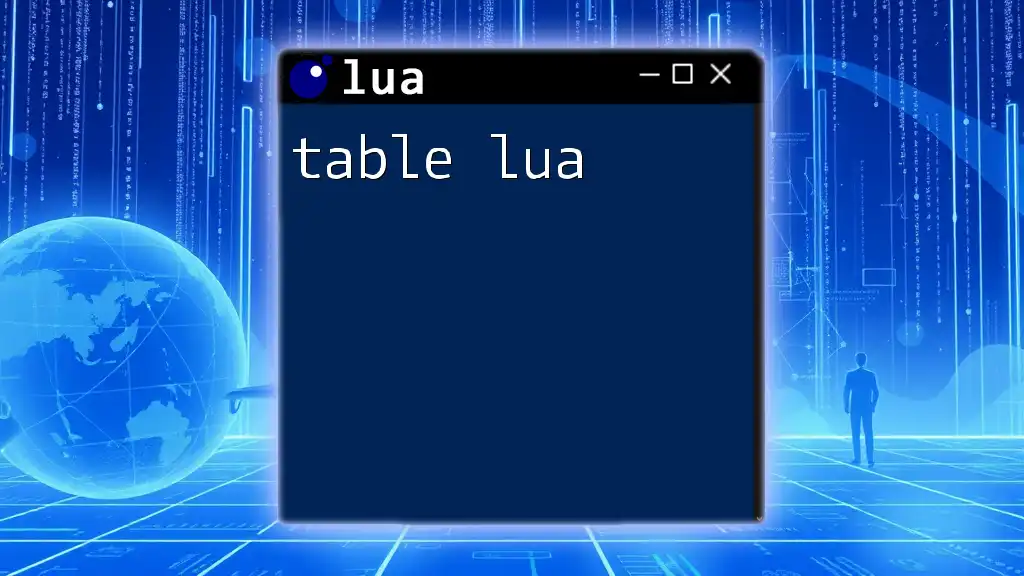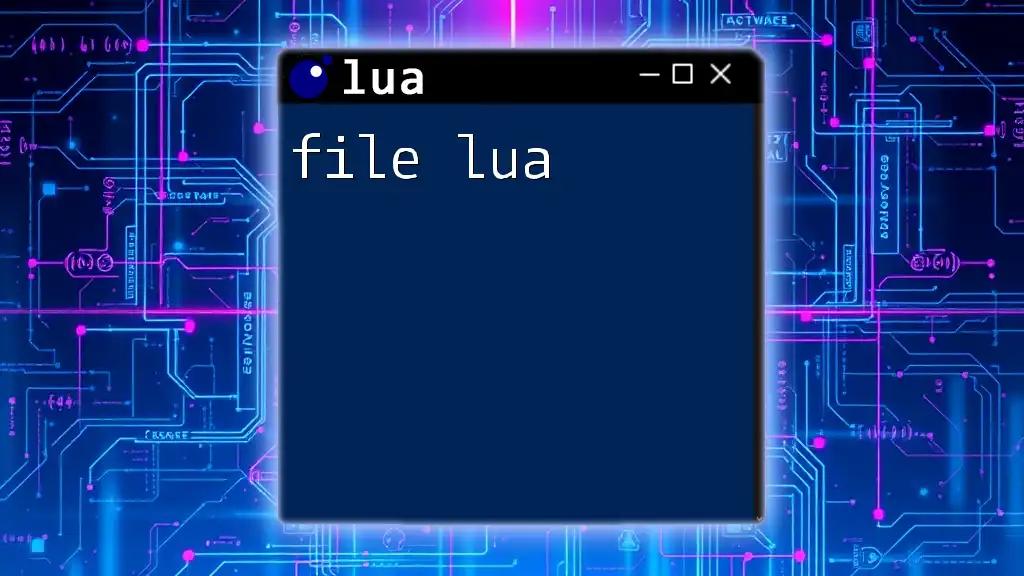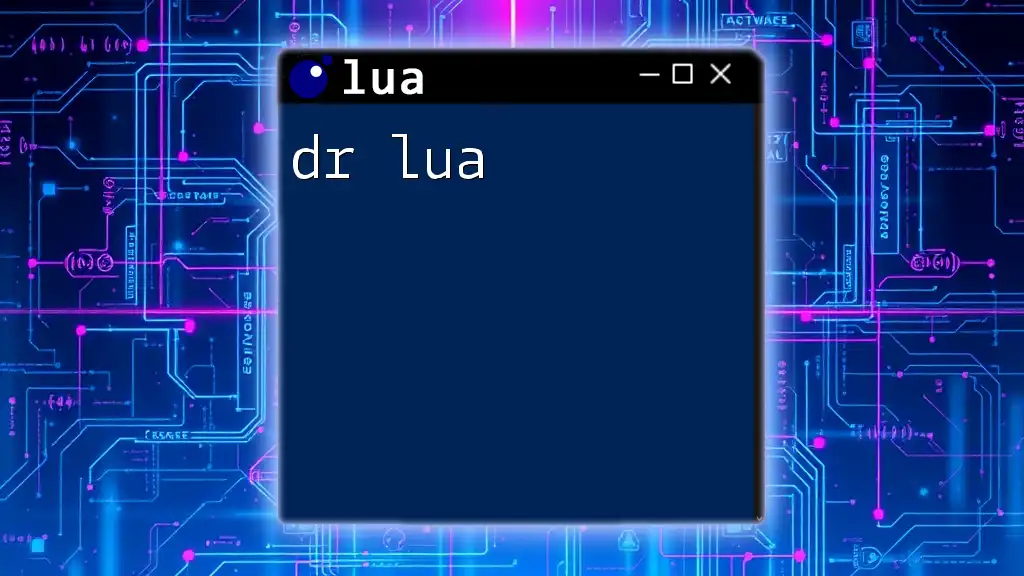Hades 2 Lua refers to the scripting language used within the game "Hades 2" for modifying gameplay elements and creating custom features, enabling players to enhance their gaming experience through coding.
Here’s a basic Lua code snippet to demonstrate a simple function that prints a greeting:
function greet(name)
print("Hello, " .. name .. "!")
end
greet("Player")
Understanding Lua in Hades 2
What is Lua?
Lua is a powerful, lightweight, and embeddable scripting language that has gained immense popularity in the game development community. Originally created in the early 90s, it has become a go-to language for many game developers, thanks to its simplicity and flexibility. One of the key advantages of Lua is its ease of integration into other applications, making it an ideal choice for game scripting.
Lua offers a variety of features that make it well-suited for gaming, including:
- Lightweight design: Lua has a small memory footprint, enabling games to run smoothly without consuming excessive system resources.
- Ease of learning: Its straightforward syntax and structure make it accessible for both beginners and experienced programmers.
- Prototype-oriented: Lua allows developers to create complex behaviors and interactions using simple concepts, making it an ideal language for developing game mechanics.
Hades 2’s Use of Lua
In Hades 2, Lua plays a crucial role in managing gameplay mechanics, defining character behaviors, and even controlling game events. The integration of Lua enables developers to create dynamic environments that respond to player actions, thereby enhancing the overall gaming experience. For instance, various game features such as health management, item spawning, and player interactions are all controlled through Lua scripts.
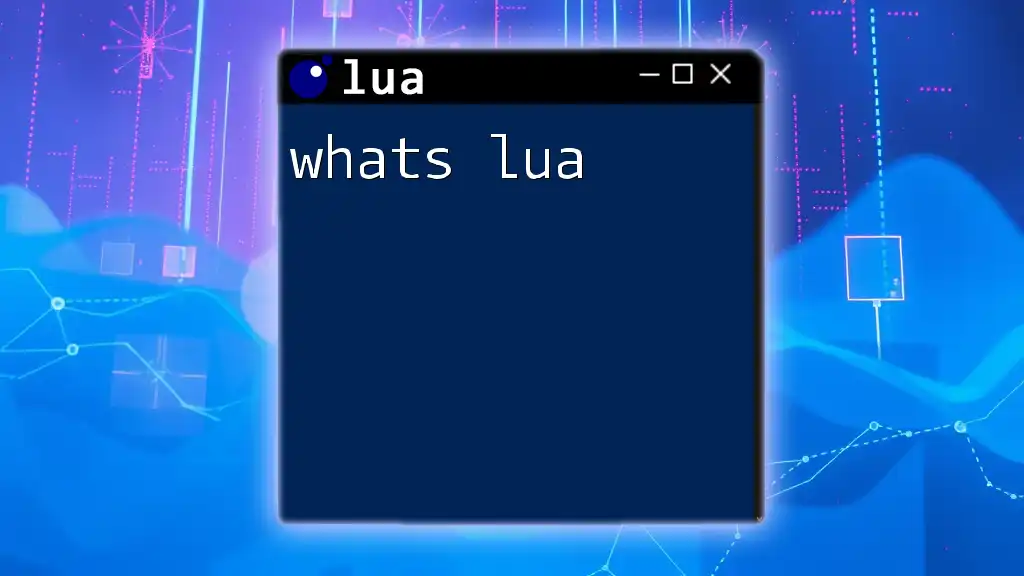
Getting Started with Hades 2 Lua
Setting Up Your Lua Environment
To begin scripting in Hades 2, you need to set up an appropriate Lua environment. The following tools are recommended for writing and testing your Lua scripts:
- IDE/Editor: Popular options include Visual Studio Code, Sublime Text, and ZeroBrane Studio, which offer Lua support and syntax highlighting.
- Lua Engine: Ensure that you have access to the Lua engine used by Hades 2. Often, the game’s modding resources will provide the necessary documentation and guidelines.
Once you have your tools set up, you can access the Lua scripting environment within Hades 2 and start writing your scripts.
Basics of Lua Syntax
Familiarizing yourself with the basic syntax of Lua is essential for effective scripting. Here are some foundational constructs to get you started:
- Variables: To declare a variable, simply use the `local` keyword, followed by the variable name. For example:
local health = 100
- Control Structures: Conditional statements in Lua use the `if`, `then`, and `end` keywords. For instance:
if health < 50 then
print("Health is low!")
end
- Loops: Lua supports various loop types, including `for` and `while` loops.
By mastering these constructs, you will be well-equipped to write more complex scripts.

Key Scripting Concepts in Hades 2
Variables and Data Types
In Lua, different data types can enhance the functionality of your scripts. Here are some commonly used data types:
- Strings: Used for text manipulation.
- Tables: Lua’s most powerful data structure, akin to arrays or dictionaries, which can hold multiple values.
- Functions: Defined by using the `function` keyword, allowing you to group blocks of code for reuse.
Consider the following example of a table containing player information:
local player = {
name = "Zagreus",
health = 100
}
print(player.name) -- Output: Zagreus
In this code snippet, `player` is a table that holds the player's name and health. This structure allows for easy access and manipulation of player data.
Functions and Control Structures
Functions are essential in Lua, allowing you to encapsulate behavior and reuse code. Here’s how to create a simple function to check player's health:
function checkHealth(health)
if health <= 0 then
return "Game Over!"
else
return "Keep fighting!"
end
end
This function evaluates the player's health and returns a corresponding message.
Control structures, such as loops and conditionals, enable complex game logic. For instance, you can use a loop to continuously check the player's health until it's zero:
while player.health > 0 do
-- Game logic here, such as reducing health
player.health = player.health - 10
end
Events and Callbacks
Hades 2 leverages event-driven programming to create responsive gameplay. With Lua, you can create and manage event listeners that trigger specific actions based on in-game occurrences.
For example, to respond to a player's death:
function onPlayerDeath()
print("Player has died!")
end
event.listen("player_death", onPlayerDeath)
In this snippet, the function `onPlayerDeath` is linked to the "player_death" event, ensuring that the corresponding action occurs when the event is triggered.
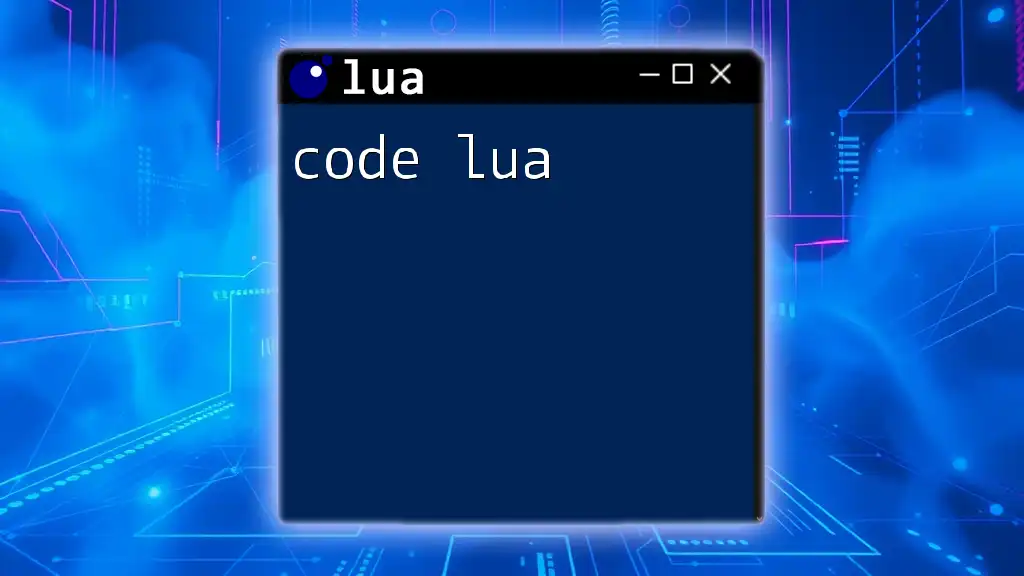
Advanced Lua Techniques in Hades 2
Custom Game Mechanics
Developing unique mechanics using Lua opens up endless possibilities for gameplay enhancement. You can create new abilities, modify enemy behaviors, or design intricate item interactions. An example of applying damage can be written as follows:
function applyDamage(amount)
player.health = player.health - amount
print("Damage applied: " .. amount)
end
This function decreases the player's health by a specified amount when called, showcasing how Lua can be used to manipulate game mechanics actively.
Integrating with Hades 2 API
Utilizing the Hades 2 API is crucial to interact with in-game objects and properties effectively. Lua scripts can invoke various API functions to spawn items, adjust stats, and set game variables.
For instance, to spawn an item in-game, you might write:
function spawnItem(item)
-- Interact with the Hades 2 API to spawn an item
API.spawn(item)
end
This function demonstrates how easy it can be to manipulate game elements via the Lua scripting language.
Debugging Techniques
Debugging is an essential part of development that ensures your scripts function as intended. In Lua, common errors can arise, such as accessing undefined variables or logic errors in conditions. A strategic approach to debugging includes:
- Using print statements to log information:
print("Debugging started!")
- Employing assertions to validate conditions:
assert(player.health > 0, "Player health is negative!")
These methods help you identify and correct issues during the development process.
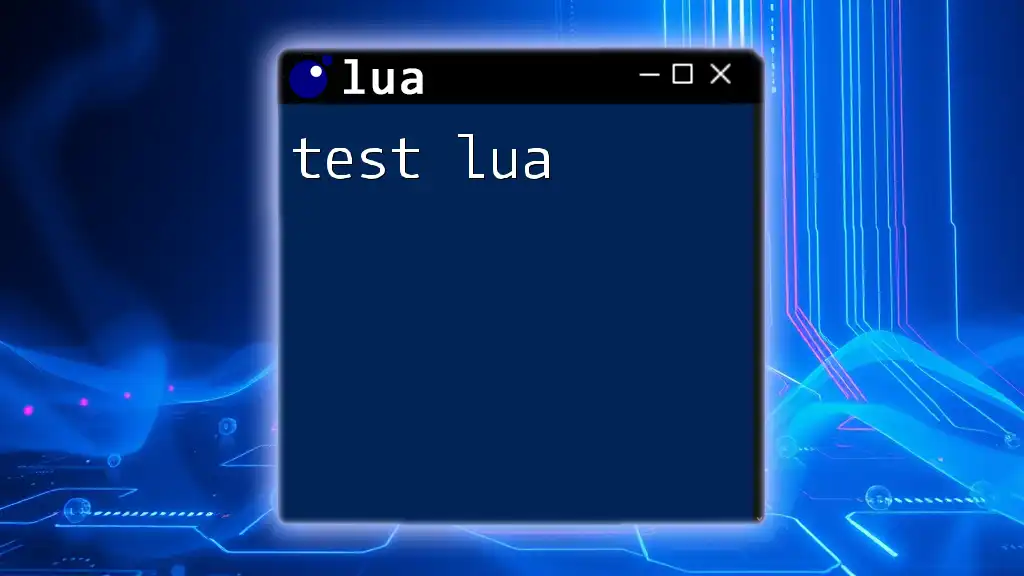
Resources for Learning More
Recommended Reading
There are numerous resources available for individuals looking to deepen their understanding of Lua programming. Some recommended books include:
- "Programming in Lua" by Roberto Ierusalimschy
- Online platforms like Codecademy or Coursera featuring Lua courses tailored to game development.
Community and Support
Engaging with the community helps enhance your learning experience. Consider exploring:
- Online forums such as the Hades 2 modding community
- Social media groups dedicated to Lua programming and game development
- YouTube channels that provide tutorials and tips on Lua scripting.
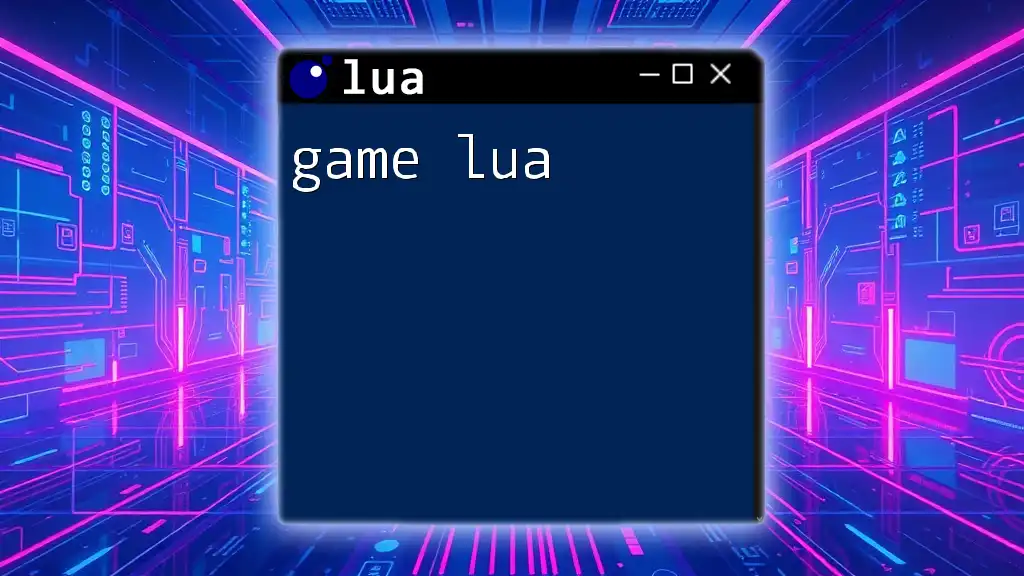
Conclusion
Lua plays a fundamental role in shaping the gameplay experience in Hades 2. By mastering the scripting concepts and techniques discussed in this guide, you can harness the power of Lua to create engaging game mechanics and enhance your gaming experience. Remember that practice and experimentation are key to becoming proficient in using Lua scripts, so dive in and start scripting!
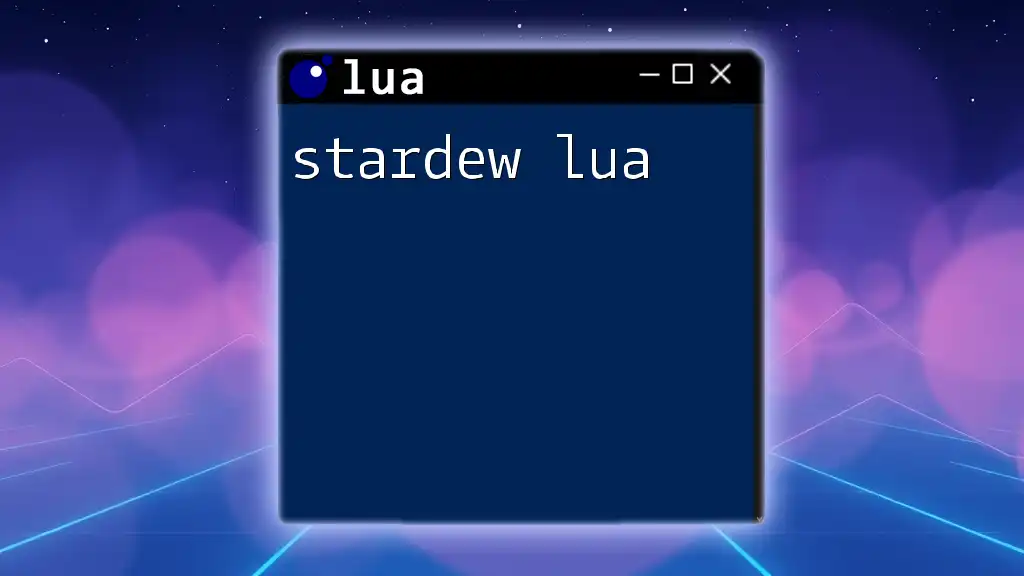
Call to Action
If you found this guide helpful, be sure to subscribe for more tips on Lua scripting and game development! Additionally, follow us for the latest updates and instructional content, and don't forget to share your experiences and creations with the community!

